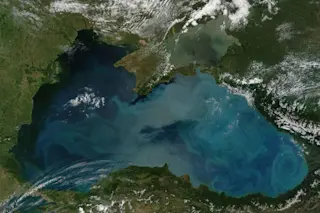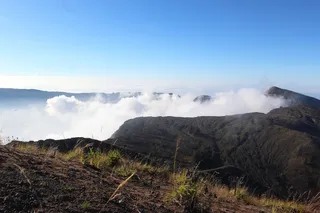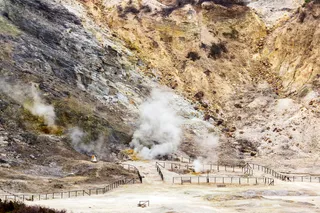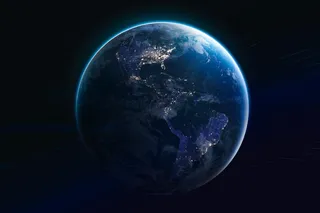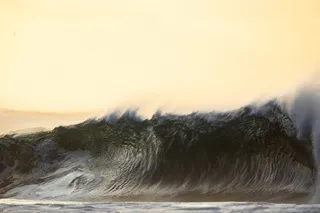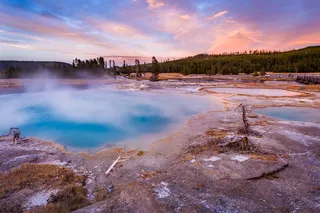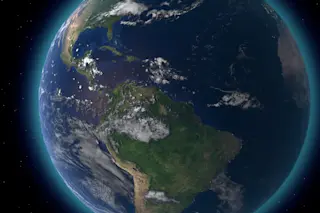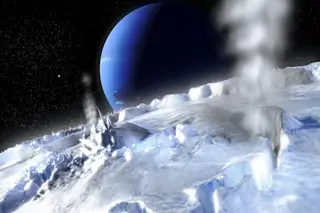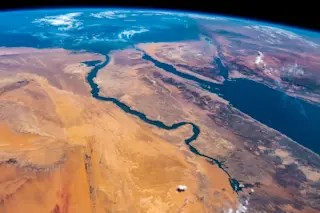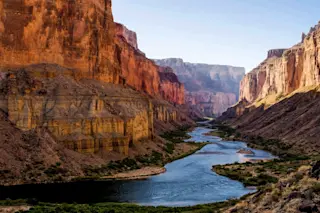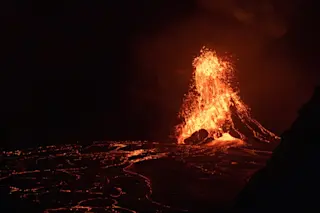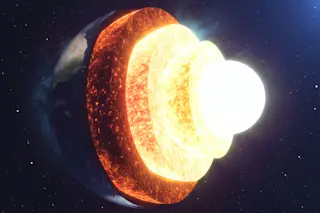MODIS Image of a phytoplankton bloom in the Black Sea, taken June 3, 2012. The supposed submarine eruption off Georgia would be on the far right of the sea. Image: NASA Goddard / Flickr Sometimes I run across news I have no idea how to tackle. This article in Earthweek was just such a piece of news-- not because it was poorly written or reported, but rather the news just didn't make sense. In this article, it is stated rather matter-of-factly that an undersea cable in the Black Sea between Poti in Georgia and Sochi in Russia had been severed by a submarine lava flow. The Earthweek article is short, so I dug around some more and sure enough, another news source claimed the same thing, with a quote from Kote Samushia, CEO of the cable-owner company: "I think that this should be the eruption of an underwater volcano." Why ...
Submarine Eruption in the Black Sea off Georgia Not Likely
Discover the intriguing story behind the alleged submarine eruption in the Black Sea and its implications for regional geology.
More on Discover
Stay Curious
SubscribeTo The Magazine
Save up to 40% off the cover price when you subscribe to Discover magazine.
Subscribe

